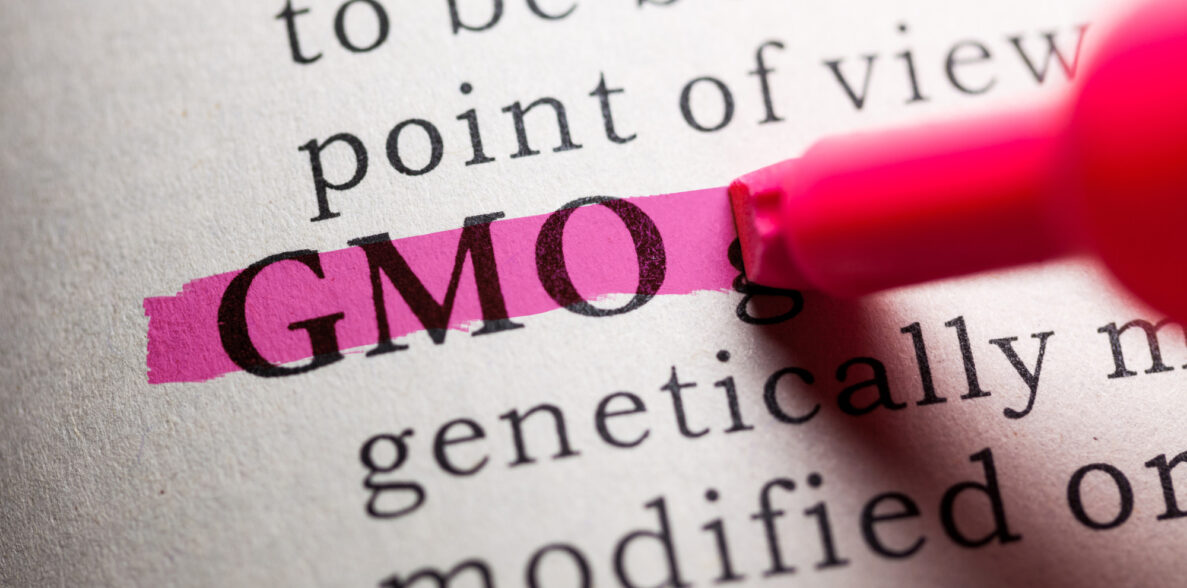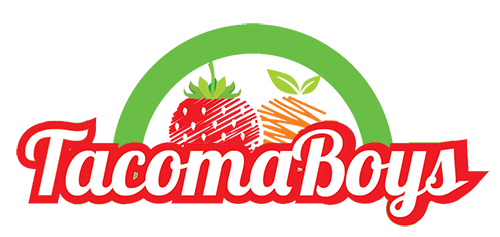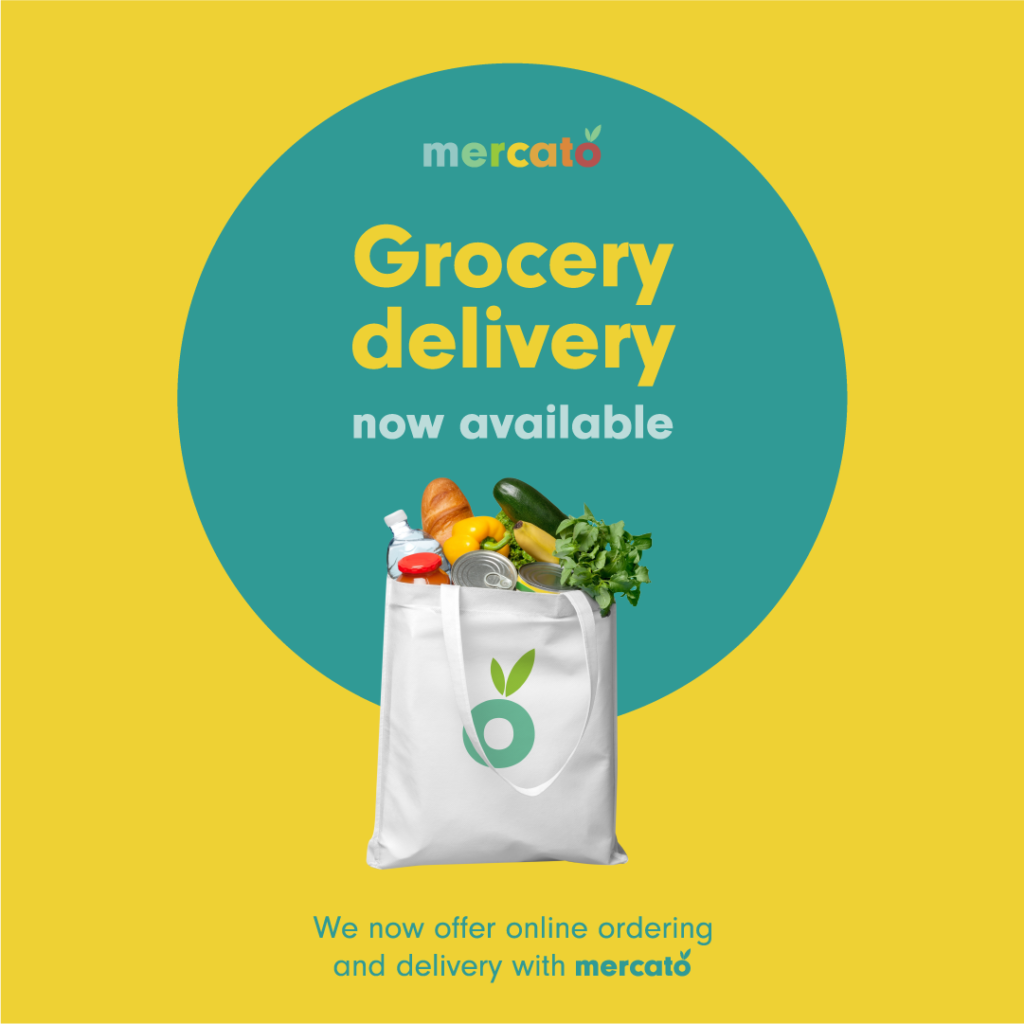

Does Organic Mean Non-GMO? How Not to Be Fooled by Food Product Labels
Americans are spending $47 billion a year on food that is labeled organic.
Organic foods have been described as having more nutrients and less toxic chemicals and pesticide residue than non-organic options. They also have a lower overall risk of bacterial contamination.
GMOs are genetically modified organisms. These are plants, animals, or other microorganisms whose genetic makeup has been genetically modified in a lab through engineering.
Does organic mean non GMO? Can you be certain that your organic foods have not been subject to this type of engineering?
Let’s take a look.
The Organic Advantage
Organic foods are produced, prepared, and processed without the use of any chemicals. Chemical pesticides, preservatives, and fertilizers cannot be used while they are being grown.
Those foods labeled “organic” at the grocery store must have at least 95% organic ingredients. “Natural” is not regulated by the USDA and does not mean the same thing as “organic.”
Organic foods typically cost more than their non-organic counterparts. This is due largely to more expensive farming practices.
The benefits, however, make the cost worth it to many individuals and families.
When it comes to meat and milk, for example, organic products tend to have 50% more omega-3 fatty acids than conventionally produced products. Omega-3’s are excellent for reducing your risk of heart disease and fighting anxiety. They can also help reduce symptoms of ADHD in children.
Organic milk also has less saturated fat than their non-organic counterparts.
Organic veggies may have more antioxidants. These protect against free radicals, which play a role in heart disease, cancer, and other health problems.
The mineral and sugar content in organic foods can also make them tastier because the crops are given more time to mature.
Does Organic Mean Non GMO?
The short answer to the question is yes. The use of genetic engineering, or genetically modified products, is prohibited in organic products.
A farmer is not allowed to plant GMO seeds if the food is going to be labeled organic. An organic cow can’t eat GMO corn and organic prepared food can’t be packaged with any GMO ingredients. Farmers can use other labels like: Made with organic ingredients
Organic farmers may plant their seeds early or late to avoid cross-pollination with GMO crops that are growing at the same time. Any planned equipment must be thoroughly cleaned to avoid unintended exposure to GMOs.
Eating Without GMOs
Eating GMO-free also has a host of health benefits. Genetically modified foods get injected with chemicals to make them last longer, meaning that the food is not always as fresh as it looks. They are also richer in certain vitamins and minerals, including fatty acids.
Foods made with GMOs can create bacteria-resistant strains that can lower your body’s immunity to illnesses. But overall, no conclusive evidence has shown that eating GMO-free will make you less susceptible to getting sick.
But I think we can agree that GMO-free foods are fresh and better for the environment. GMO’s chemicals can cause soil erosion and increase pollution. Non-GMO eating is more friendly to your surroundings.
Clean Eating
Does organic mean non GMO? Yes, it always does. And by eating organic, you will be doing your family and the earth a favor.
For more information on healthy eating, find more great articles to read on our blog here.

